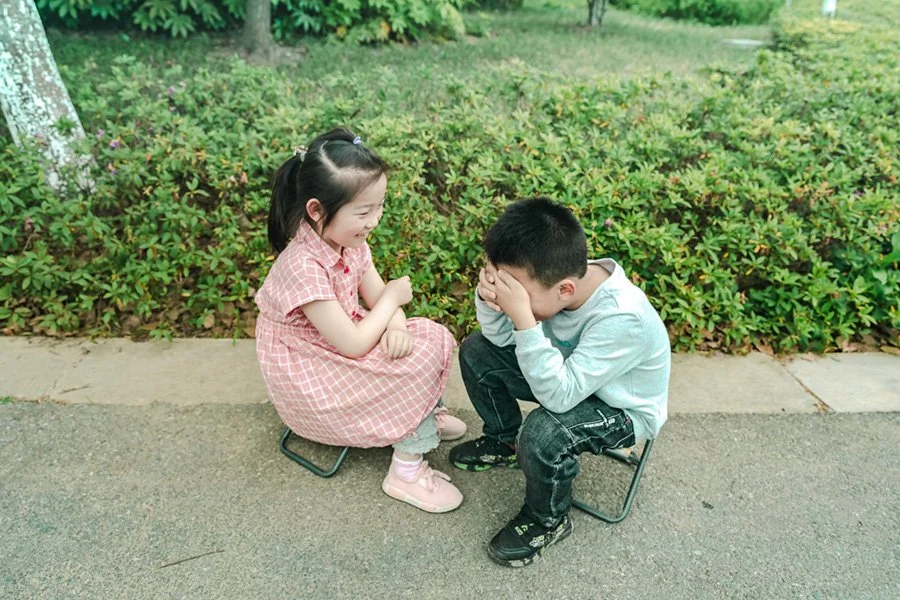Encouraging Children's Philosophical Thinking in Preschool
Photo by Jerry Wang
An article by Carol Flanigan in edutopia explores how to encourage children’s curiosity and growing understanding by fostering philosophical thinking in preschool.
The article explores the child’s philosophical self, “the aspect of a child’s being that questions, wonders and reflects on life’s deepest mysteries”, arguing that “even young children have the ability to think deeply about their lives, to construct understanding of the world around them, and to richly contribute to philosophical conversations”.
The author cites the work of Jana Mohr Lone, director of PLATO (Philosophy Learning and Teaching Organization), whose research has shown that children naturally explore questions from different branches of philosophy, including:
Ethics: thinking about other people and how our actions impact them, as in the question, “How do we decide what to do when we are angry with a friend?”
Epistemology: engaging in question about the nature of knowledge, such as “How do we come up with new ideas?”, or, “How do we remember things””
Metaphysics: exploring the fundamental nature of reality, such as “What does it mean for something to be real:”. (Mohr Lone suggests that metaphysical issues are amongst the most pressing philosophical ones for children.)
Aesthetics: studying the nature of beauty, art, taste, and our sensory experiences of them, such as “What makes something beautiful?”
Mohr Lone argues that children are often subject to “epistemic injustice … defined as the way in which one’s social identity impacts whether one is understood as a ‘knower’, as someone capable of imparting knowledge to others”.
Flanigan suggests that we take children’s ideas seriously and “approach the problems they solve and the strategies they use with curiosity …. When we treat children as protagonists in their learning, we are also modelling kindness, flexibility, responsibility, and inclusivity.”
Educator and author Ann Pelo, in her article “Finding Questions Worth Asking”, quoted by Flanagan, offers suggested questions that can expand conversations with children:
Why do you suppose …?
How do you think that works?
Why do you think that happens?
How would you … ?
That sounds surprising! Can you tell us more?
That’s unexpected! What’s your plan now?
I haven’t thought about that before. Please tell us more!
I notice …
I wonder …
Flanagan suggests that “adding ‘I wonder’ to the beginning of a question offers children the opportunity to think and respond at their own pace”.
Another technique Flanagan has found useful when engaging in co-inquiry with children in their school is the practice of “doubting and believing” inspired by the work of writer and scholar Peter Elbow. “Adults listen as though they are the students and a child is a professor. We suspend disbelief, assuming the truth in the children’s ideas. This helps us ask good questions (like those previously mentioned) so that we can truly understand a child’s perspective. In equal measure, we doubt, we find the inconsistencies, and we ask more questions that help us to understand and guide a child to clarify and develop their thinking.”
